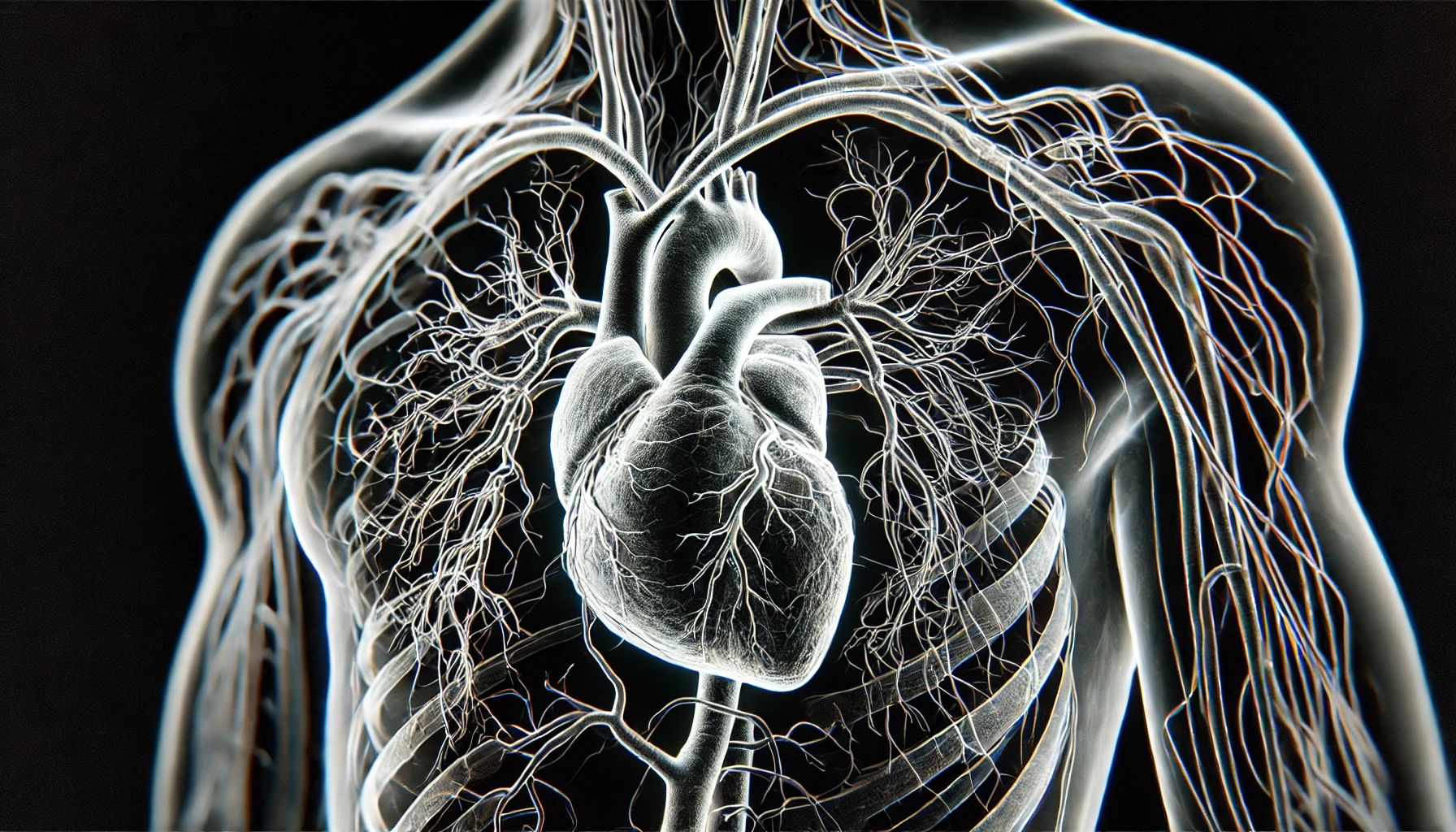
Angiography is a type of test in which X-rays and a contrast dye are used to examine the blood vessels in your body, including the heart, brain, kidneys and legs. The contrast dye is injected into the blood vessels being examined, making them evident on X-ray images. With this procedure, doctors can detect any blockages, narrowing or other problems in the blood vessels. During the procedure, the X-ray images are created that are called angiograms.
If you want to examine the health of your blood vessels, then it is recommended to consult with the best cardiologist at Apollo Hospital Chennai. So, let’s understand everything about angiography.
Why is Angiography Used?
Angiography is generally used to examine the health of your blood vessels and the flow of blood through them. If a patient feels problems in his/her blood circulation, then a doctor may suggest undergoing an angiography to identify the cause. The results of the angiography may also help the doctor develop a treatment plan.
The test can help diagnose several problems that affect blood vessels, including:
- Atherosclerosis: It is a common condition that happens when cholesterol and other fatty substances build up in and on the walls of arteries, narrowing or blocking the flow of the blood. This could mean that you are at risk of getting a stroke or heart attack.
- Peripheral Arterial Disease: This condition occurs when the arteries reduce the blood supply to the legs and arms.
- A Brain Aneurysm: It is a bulge in a weak part of the blood vessel wall in or around the brain that can sometimes raise the risk of bursting and cause a subarachnoid haemorrhage.
- Angina: It is a chest pain or discomfort that occurs when the heart muscles don’t get enough blood flow.
- Blood Clots or Pulmonary Embolism: It is a serious condition that occurs when there is a blockage in the artery in the lungs.
How to Perform Angiography?
Angiography is performed in a hospital X-ray or radiology department. It generally takes from 30 minutes to 2 hours, based on the procedure complication. Usually, you will be allowed to go home after a few hours of the test. In some cases, you may have to stay in the hospital overnight.
During the test:
- You will usually be conscious, but you may be given a medication called a sedative to help you feel calm and relaxed.
- You will be asked to lie on an X-ray table. Then, the doctor makes a small cut, called an incision, over one of your arteries, usually near your groin or wrist. You will be given the local anaesthetic to numb the area where the cut is made.
- A catheter, a thin flexible tube, is inserted into the artery. Then, it is carefully guided to the area that needs to be checked (such as the heart).
- Then, a contrast dye is administered into the catheter.
- A series of X-rays are taken as the contrast dye flows through your blood vessels.
Different Types of Angiography
There are various types of angiography procedures available that can be used to identify different medical conditions. Some of the common types of angiography include:
- Coronary Angiography: This procedure is used to examine the heart and nearby blood vessels.
- Cerebral Angiography: It is harnessed to check the blood vessels in and around the brain.
- Pulmonary Angiography: It is an X-ray procedure that examines the blood vessels supplying the lungs
- Renal Angiography: This procedure is used to examine the blood vessels in the kidneys.
Complications of Angiography
Angiography is generally a safe and painless procedure and has a lower risk of serious complications. But, sometimes, after a few days or weeks, it can cause:
- Bruising
- Soreness
- A very small lump or blood clot near where the cut was made
- A very small risk of an allergic reaction to the contrast dye or sedative
Final Words
Angiography is a type of procedure that is used to examine blood vessels, helping doctors, including the best cardiologists in Chennai, identify and treat blood vessel problems and heart diseases. Usually safe and painless, the procedure is conducted in a hospital under local anaesthesia.
If you have any questions related to angiography, then you must consult the best cardiologists in Chennai at Apollo Hospital. The experts at Apollo Hospital Chennai will guide you to the specific information about how to prepare for the test.


